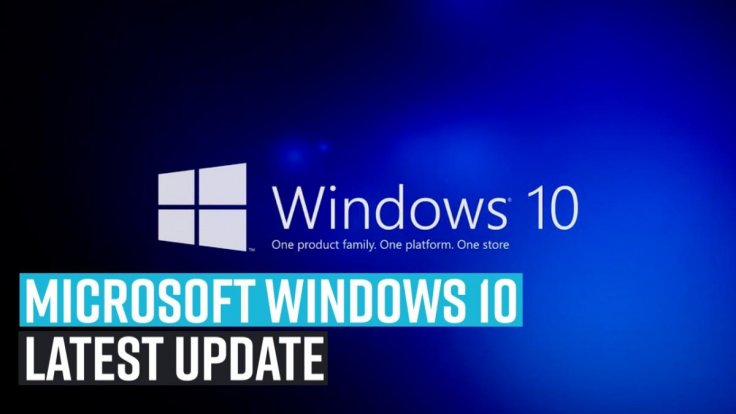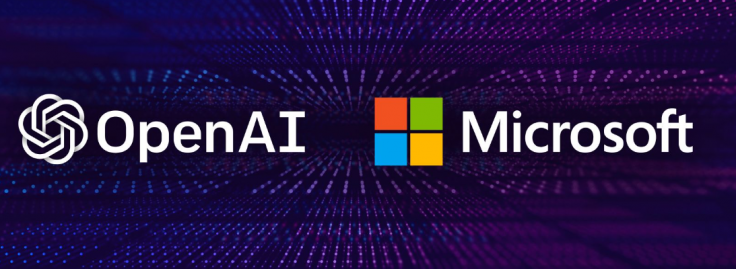Microsoft is reportedly planning to bring its generative AI-powered personal assistant, Copilot, to one billion Windows 10 users soon, reports said.
According to Windows Central, citing sources, similar to Windows 11, this update will place a Copilot button directly on the Windows 10 taskbar, opening the same Copilot sidebar experience found on Windows 11.
The Windows 10 Copilot update will also include plugins that work across both operating systems.
"I understand the experience and capabilities of Copilot across Windows 10 and Windows 11 will be roughly the same, including plugin compatibility across both versions of the OS," the report said.
Microsoft Copilot is an AI-powered code completion tool designed to assist software developers in writing code. Built on OpenAI's GPT-3 language model, it is integrated into various programming environments.

According to the report, the primary reason for this new update is to increase market share. Windows 10 continues to be used on approximately 1 billion monthly active devices, compared to 400 million monthly active devices on Windows 11.
Microsoft sees an additional 1 billion users as an untapped market for Copilot expansion, so integrating Copilot into Windows 10 is a natural next step for the company, the report stated.
The AI assistant for Windows 11 launched in beta in August and officially in September. Meanwhile, Microsoft has started rolling out the next major update to its Windows 11 PC operating system with some new features.

The main change in the new update (known as Windows 11, version 23H2) includes the name change of Microsoft Teams to Chat.
"Chat is now Microsoft Teams (free) and is pinned by default to the taskbar," VP of programme management for Windows servicing and delivery, John Cable, said in a blogpost.
Microsoft Copilot, built on OpenAI's GPT-3 language model and is integrated into various programming environments, offering suggestions and autocompletions to speed up coding processes.
Copilot also analyzes the code context and provides suggestions for whole lines or segments of code, aiming to improve productivity and reduce the time developers spend on repetitive tasks to help developers by offering code snippets, function suggestions, and contextual completions.
(With inputs from agencies)









